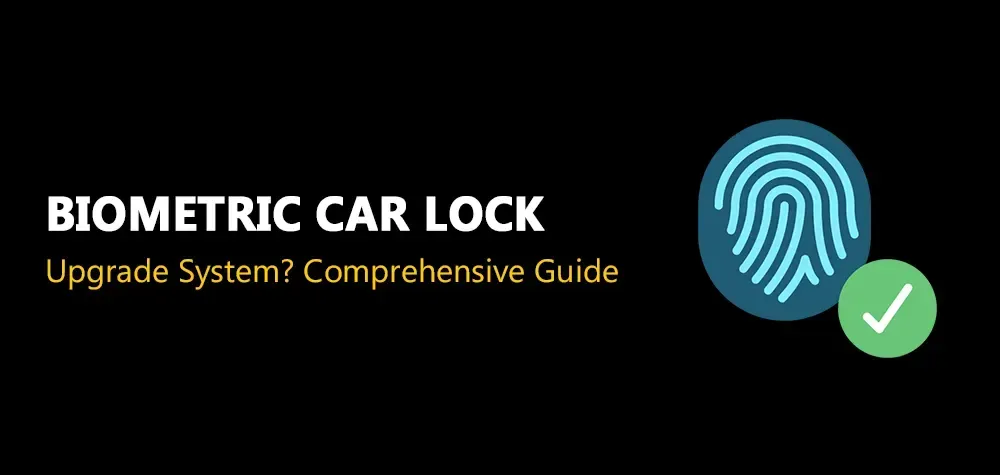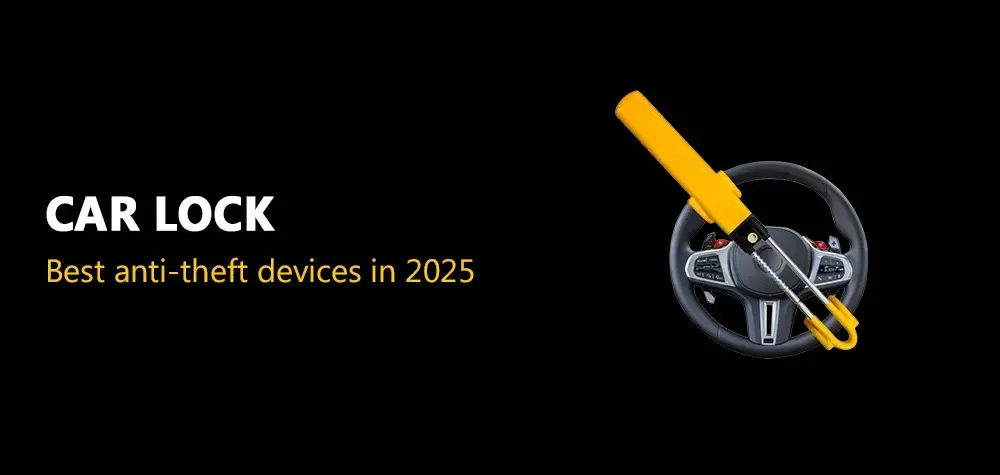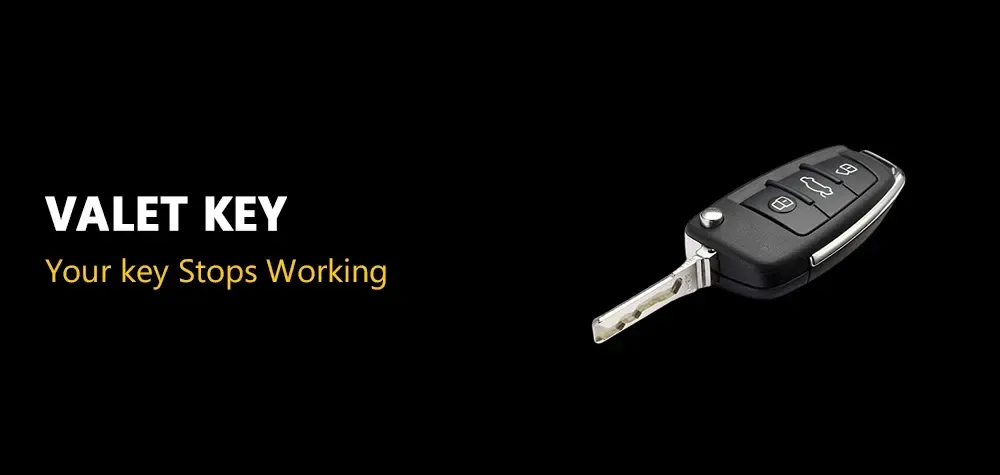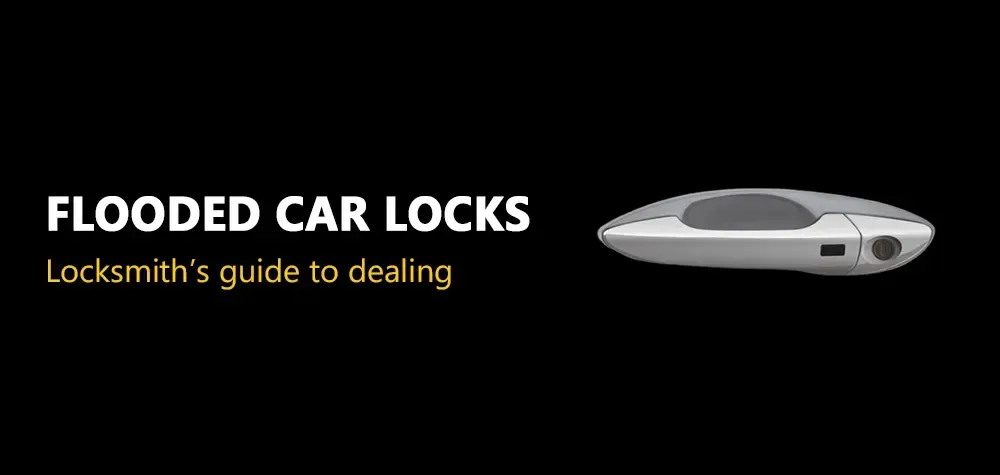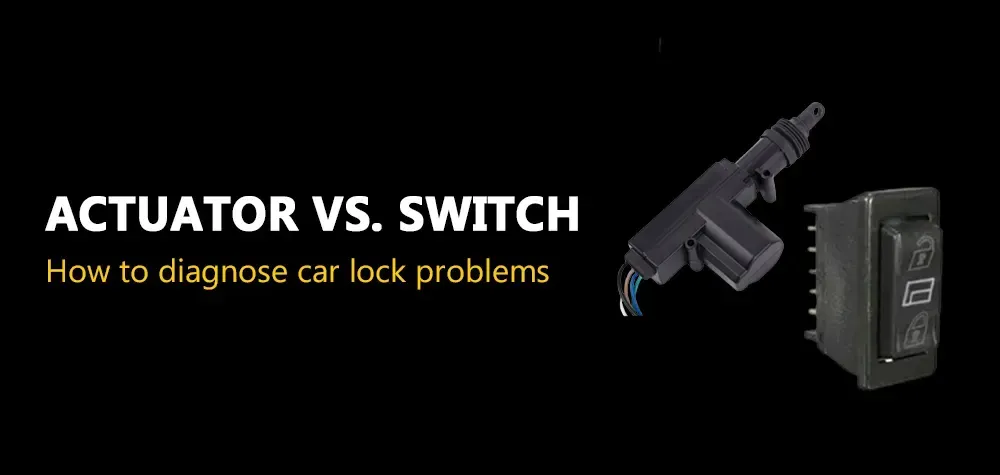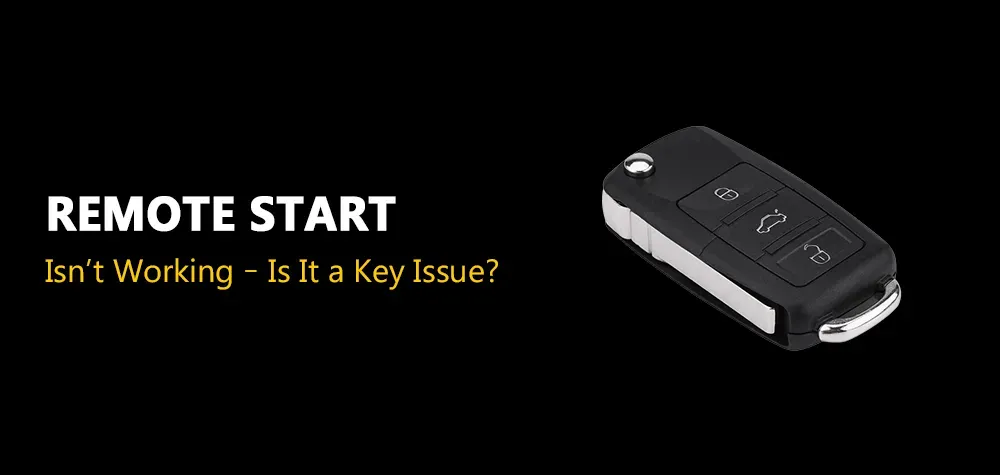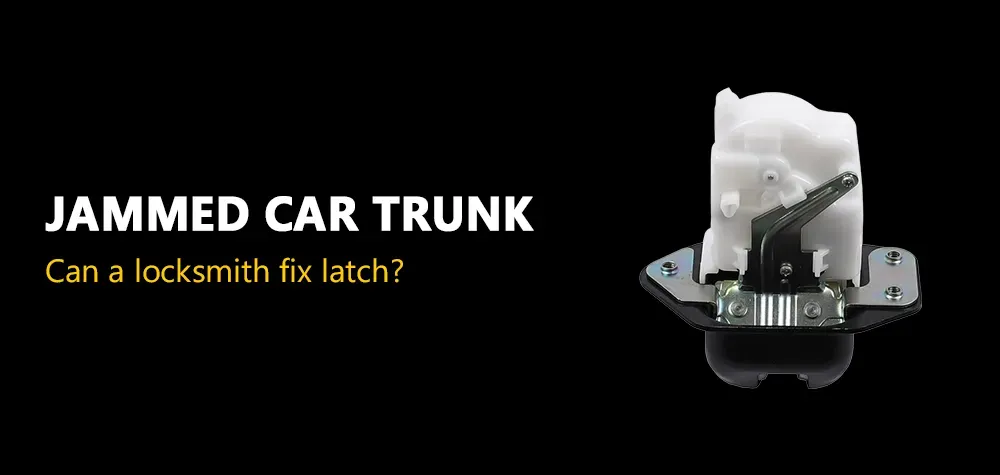Car Key Fob Not Working? Here's What to Do
Car key fobs have revolutionized the way we interact with our vehicles, offering convenience and added security with the simple push of a button. However, as reliable as they are, these electronic devices can suddenly fail, leaving you frustrated and potentially stranded. If you've ever experienced the panic of a non-responsive key fob while rushing to an important meeting or trying to load groceries into your car, you know just how stressful it can be.
Whether it's a dead battery, a malfunctioning button, or a more serious internal issue, a broken key fob disrupts your routine and adds unnecessary stress to your day. For many drivers, the key fob is an essential part of daily life, and when it stops working, the inconvenience is immediate and palpable. This blog is dedicated to helping you diagnose and fix common key fob issues, providing practical, step-by-step solutions to get you back on the road as quickly as possible. By understanding the typical causes of key fob failures and knowing how to address them, you can save time, avoid costly trips to the dealership, and reduce the anxiety that comes with being locked out of your own car.
Read more about 5 tools you need in car lockout kit!
Common Reasons Why Car Key Fobs Stop Working
Dead Battery
One of the most common reasons a car key fob stops working is a dead battery. Over time, the battery in your key fob loses its charge and needs to be replaced. Symptoms of a dying battery include reduced range, intermittent operation, or the complete failure of the key fob. Replacing the battery is a straightforward fix and often resolves the issue immediately. Key fobs typically use button cell batteries like CR2025 or CR2032, which are inexpensive and widely available.
Faulty Internal Contacts
Inside every key fob, there are tiny metal contacts that transmit electrical signals when you press a button. These contacts can become worn out or dislodged over time, especially if the key fob has been dropped or subjected to rough handling. If your key fob works sporadically or only some of the buttons respond, faulty internal contacts might be the culprit. Opening the key fob and inspecting the contacts can reveal any visible issues. In many cases, a bit of careful soldering can restore proper function.
Broken Buttons
Key fobs are equipped with rubber or plastic buttons that can wear out or break due to repeated use. If one or more buttons on your key fob feel loose or unresponsive, they might be damaged. Physical inspection of the buttons can help determine if they have detached from the internal contacts or if the rubber has deteriorated. Depending on the extent of the damage, you may be able to repair the buttons yourself, or you might need to replace the key fob entirely.
Receiver Issues
Sometimes, the problem lies not with the key fob but with the vehicle's receiver. The receiver is the component in your car that receives the signal from the key fob and unlocks the doors or starts the engine. If the receiver is damaged or malfunctioning, the key fob will not work properly. Diagnosing receiver issues can be more complex and might require professional assistance. Checking the car's fuses and ensuring there are no loose connections can help identify if the receiver is at fault.
Interference and Signal Issues
Modern vehicles and key fobs rely on radio frequencies to communicate. Interference from other electronic devices or strong radio signals can disrupt this communication, causing your key fob to stop working. If you notice your key fob only fails in certain locations or under specific conditions, signal interference might be to blame. Moving away from the source of interference or shielding the key fob can sometimes resolve these issues.
Diagnosing the Problem
Testing with a Backup Remote
The first step in diagnosing a non-working car key fob is to determine if the issue lies with the fob itself or with the car’s locking system. If you have a second, backup remote, try using it to unlock and start your car. If the backup remote works, the problem is likely with your primary key fob. However, if neither remote works, it’s possible that the issue lies with your vehicle’s locking system or receiver, rather than the key fobs themselves.
Checking the Physical Key
Many key fobs include a hidden physical key that can manually lock and unlock the doors. This is particularly useful if your key fob battery dies or if there's an electronic malfunction. To access the physical key, look for a small release button or switch on the key fob. Once you have the physical key, test it in the door lock. If the physical key works but the remote functions do not, it indicates an issue with the key fob's electronics or battery.
Hidden Key Access
Some modern cars have a concealed keyhole hidden behind a trim piece near the door handle. If your vehicle has a hidden keyhole, locate the small slot on the trim piece and gently pry it away to reveal the keyhole. Use the physical key to unlock the door manually. This step helps determine if the issue is purely with the key fob or if there’s a problem with the car’s locking mechanism. Be cautious when removing the trim to avoid damaging your vehicle’s paint or hardware.
Electronic Diagnostics
If both the backup remote and the physical key fail to solve the issue, there might be a more complex electronic problem at hand. Check the car’s manual for fuse locations related to the keyless entry system and inspect these fuses to ensure none are blown. Additionally, look for any loose or disconnected wires under the dashboard, particularly those associated with the receiver for the key fob. While some electronic diagnostics might be manageable at home, more advanced issues often require professional diagnosis to avoid causing further damage.
Signal Interference
Sometimes, external electronic interference can disrupt the communication between your key fob and your vehicle. Devices like wireless routers, cell phones, and other radio frequency-emitting devices can interfere with key fob signals. If your key fob fails to work in certain locations but functions elsewhere, it’s likely due to signal interference. To diagnose this, try moving your vehicle to a different location or turning off nearby electronic devices to see if the key fob’s functionality is restored.
By systematically testing these areas, you can narrow down the source of the problem and decide whether a simple fix, such as replacing a battery, or a more in-depth solution, like consulting a professional, is necessary. Understanding these diagnostic steps can save you time and help you get back on the road with minimal hassle.
Read more about how to Prevent car break-ins!

Fixing Your Car Key Remote
Once you've diagnosed the problem with your car key remote, the next step is to address the issue and restore its functionality. Start by replacing the battery, as this is often the simplest and most common solution. Open the key fob using a small screwdriver, remove the old battery, and insert a new one, ensuring it is seated correctly. If the battery replacement doesn't resolve the issue, inspect the internal contacts and buttons for any signs of damage or wear. Carefully solder any loose connections and clean the contacts to improve the electrical connection. If the remote still doesn't work, you may need to reprogram it following the specific sequence outlined in your car's manual. For more complex problems, such as a faulty receiver or persistent signal interference, it may be necessary to seek help from a professional locksmith or your car dealership to ensure the remote and car communicate correctly once again.
Addressing Advanced Key Fob Issues
If basic troubleshooting steps don't resolve your key fob problems, you may be dealing with more advanced issues such as a damaged transmitter or receiver, or intermittent faults that are harder to diagnose. A damaged transmitter in the key fob or a malfunctioning receiver in the car can prevent the remote from working, often requiring professional repair or replacement. Intermittent faults might indicate deeper electronic issues or interference problems, which are best handled by an automotive locksmith or your dealership. These experts have the specialized tools and expertise to diagnose and fix complex issues, ensuring your key fob and vehicle systems function seamlessly.
Preventing Future Key Fob Issues
To avoid future problems with your car key fob, regular maintenance and proper handling are crucial. Start by keeping spare batteries on hand and replacing them at the first sign of reduced range or intermittent operation. Handle your key fob with care to prevent drops and avoid exposing it to extreme temperatures or moisture, which can damage internal components. Regularly clean the key fob, especially around the buttons, to prevent dirt and grime from affecting its performance. Additionally, familiarize yourself with your car’s manual reprogramming procedure so you can quickly reset the fob if it loses synchronization with your vehicle. By taking these preventative measures, you can extend the life of your key fob and ensure it remains reliable when you need it most.
Conclusion
Dealing with a malfunctioning car key fob can be a major inconvenience, but understanding the common issues and knowing how to diagnose and fix them can save you time and frustration. From simple battery replacements to more complex repairs involving internal contacts or reprogramming, addressing key fob problems doesn’t have to be overwhelming. By following the steps outlined in this guide, you can often restore your key fob’s functionality on your own or determine when professional help is necessary. Remember, regular maintenance and careful handling can prevent many common key fob issues, ensuring that your remote continues to provide the convenience and security it was designed for. Stay prepared, and your key fob will remain a reliable companion on all your journeys.
Call Us Any Time!
